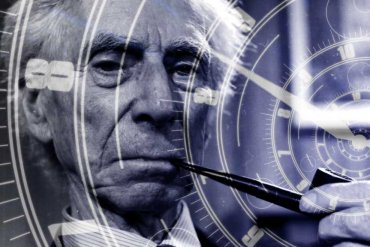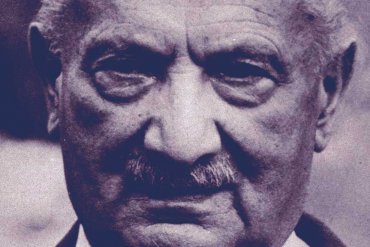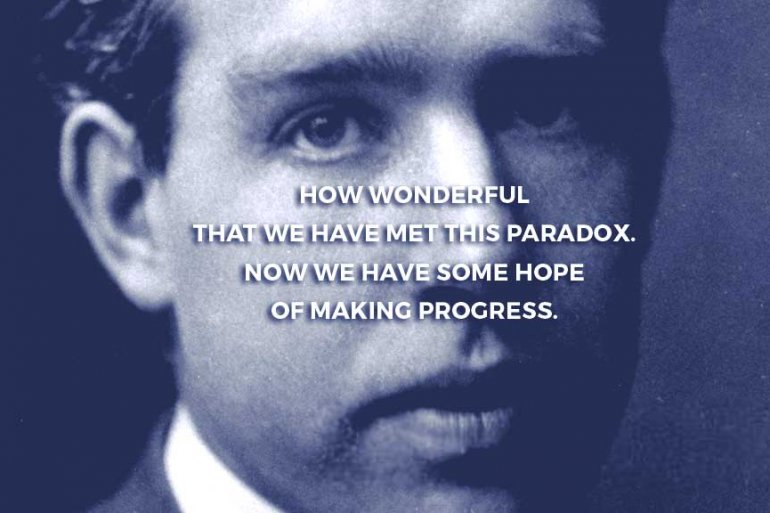Philosophical esotericism —the practice of communicating one’s unorthodox thoughts “between the lines”— was a common practice until the end of the eighteenth century. The famous Encyclopédie of Diderot, for instance, not only discusses this practice in over twenty different articles, but admits to employing it itself. The history of Western thought contains hundreds of such statements by major philosophers testifying to the use of esoteric writing in their own work or others’. Despite this long...
Philosophy
Everything on philosophy related to Maier files series. Posts and Thoughts examining existence, change, properties, space, time, causality, and possibility.
Here is a subconscious double standard: Infinities of time seem a little different from infinities of space. It is natural to think that space extends out in all directions forever (or is this a culturally instilled belief?). Time is supposed to be infinite only in the future direction. We ask when time began but rarely where space began. The infinity of past time The infinity of past time is an unpopular belief. Yet it would...
The Greek philosopher Heraclitus had said: “A hidden connection is stronger than one we can see.” Otto Maier was always fascinated with Time. Things occupy space—but how many of them there are (or could be) belonging to time? If you take off the face of a clock you won’t find time there, only human fabrication. Those numbers, circling round, make time almost credible—as if they aroused a sixth sense attuned to its presence, since it...
Heidegger’s Being and Time (1924), a quickly written introductory volume to a proposed multi-volume project, inspired philosophers for generations to come. What did the enigmatic title refer to? “As regards the title ‘Being and Time,’ ‘time’ means neither the calculated time of the ‘clock,’ nor ‘lived time’ in the sense of Bergson and others,” he explained, years after the book appeared. When he wrote that book, Heidegger was dissatisfied with the two dominant conceptions of...
Before the eighteenth century, people crudely measured time. Galileo used his own pulse as a measure. Today, our atomic clocks can measure a time interval as small as one-millionth of a second. (Though we have a word for one-trillionth of a second— pico second —we still have no way of accurately measuring it.) But no matter how finely calibrated our clocks are, they are always measuring something discrete—an interval, a repeating signal, a duration between...
The Delphic idiom: gnothi seauton (“Know thyself”), assigned to Pythagoras, carries an extended history in the Western world. It grew to become popular all through of the teachings of Socrates as well as Plato, along with the query to obtain self-knowledge was, from that point on, much more a challenge of philosophy than of religion. In the religions, Western man made larger attempts to attaining understanding of the characteristics and meaning of the world altogether...
Penfield’s classic brain experiments of the 1930s inspired a certain famous riddle, long since dubbed “brains in vats” by philosophy students. It goes like this: You think you’re sitting there reading this post. Actually, you could be a disembodied brain in a laboratory somewhere, soaking in a vat of nutrients. Electrodes are attached to the brain. And a mad scientist feeds it with a stream of electrical impulses that exactly simulates the experience of reading...
Lost in the world. As an instance of nature, man is only a reed, liable to be crushed at any moment by the forces of an immense and blind universe in which his existence is but a particular blind accident, no less blind than would be the accident of his destruction. As a thinking reed, however, he is no part of the sum, not belonging to it, but radically different. Disproportionate: for the res extensa...













